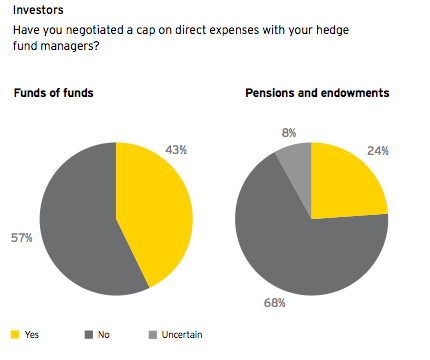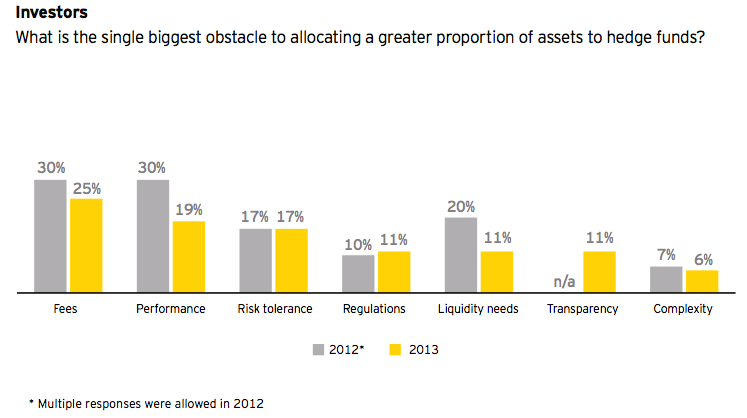
Last month, the Toronto Star interviewed Tom Reid of Sun Life to get an insider’s view of Canada’s pension debate. The interview can be read here.
This week, Leo Kolivakis of the Pension Pulse blog penned his own critical examination of the debate. The post can be read below.
____________________________________
By Leo Kolivakis, Pension Pulse
Indeed, the Canadian Life and Health Insurance Association is hopping mad and expressed its disappointment on its website.
The problem is that the CLHIA is spreading misinformation and outright lies on the so-called benefits of defined-contribution (DC) plans. They are nowhere near as safe and secure as defined-benefit (DB) plans and they’re a lot more costly, regardless of what Reid claims. They also don’t perform as well over long investment horizons because they don’t invest in private investments.
Go back to carefully read my comment on the brutal truth on DC plans, it’s a real eye-opener. We have become so ill-informed on this debate that we accept the lies and misinformation being spread out there.
As I’ve long argued on this blog, there is a case for boosting DB plans in Canada and elsewhere. The benefits of DB plans are well-known and under-appreciated.
Importantly, boosting DB plans, especially now that Canada’s crisis is just beginning (if you wait for “better economic conditions” you will never enhance the CPP!), makes for good retirement and economic policy. Why? Because if you do it properly, adopting world class governance standards, you will enhance economic activity, increase the revenue from sales taxes and reduce the overall debt of the country.
Of course, the insurance and banking industry don’t agree and will keep pushing the Conservatives to peddle PRPPs as the solution but they’re wrong and they know it. They’re petrified of Canada’s top ten and for good reason, when you look at the evidence, our large DB plans are doing an outstanding job providing their members with safe and secure retirement benefits. No DC plan can compete with our large DB plans.
Are Canada’s top ten perfect? Of course not. If they were, this blog would never exist. But take it from this insider, given a choice between anything Prudential, Sun Life, Manulife or Canada’s big banks have to offer and having your retirement money managed by our large DB plans, you should always opt for the latter. Period.
Does this mean that banks and insurance companies should get out of the retirement business altogether and just leave it up to our large DB plans? No, I believe there is a market for what they’re doing and they can certainly compete with the internal portfolio managers at our large DB plans but they’re going to have to lower their fees and change their angle.
In fact, if banks and insurance companies in Canada were smart (they’re hopelessly myopic!) and realized the bigger picture, they would be forcing the federal government to enhance the CPP for all Canadians and boost our DB plans.
I leave you with a comment Bruce Rogers wrote to the Toronto Star in regards to the interview above:
Thanks for devoting space to Ontario’s plans for a pension to supplement the Canada Pension Plan. Too bad your effort gave the platform to an interviewee who has a financial interest in the inadequate, defined contribution approach to the problem.
Our society clearly needs to take action to ensure that retirees and seniors generally enjoy financial security and a modicum of dignity. To argue against a more generous defined benefit approach is to ignore a serious problem.
Of course, the Harper government has made its decision and Bay Street will agree with that course. Let’s hope the business pages of the Star will balance the debate in future, perhaps by exposing the growing threat to defined benefit pensions where they exist.
This is an informed reader who understands what’s at stake. When it comes to retirement policy, we need to go Dutch on pensions and not take lessons from Down Under or worse, the United States of pension poverty.
Lastly, I wish the media in Canada would start interviewing real pension experts like Jim Leech, Leo de Bever, John Crocker and others who truly understand what is at stake and why we need to boost defined-benefit plans for all Canadians.
Photo credit: “Canada blank map” by Lokal_Profil image cut to remove USA by Paul Robinson – Vector map BlankMap-USA-states-Canada-provinces.svg.Modified by Lokal_Profil. Licensed under CC BY-SA 2.5 via Wikimedia Commons – http://commons.wikimedia.org/wiki/File:Canada_blank_map.svg#mediaviewer/File:Canada_blank_map.svg










